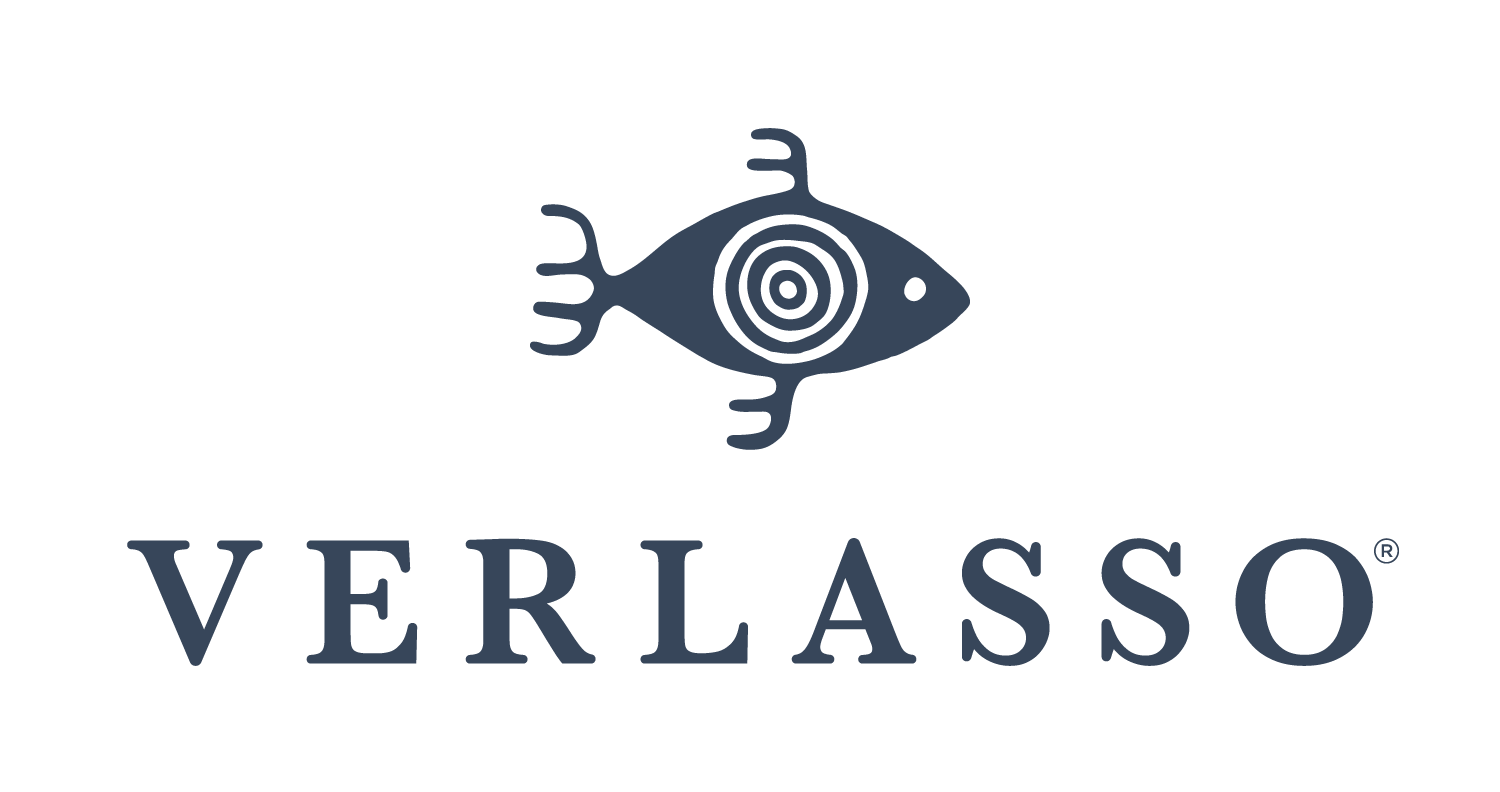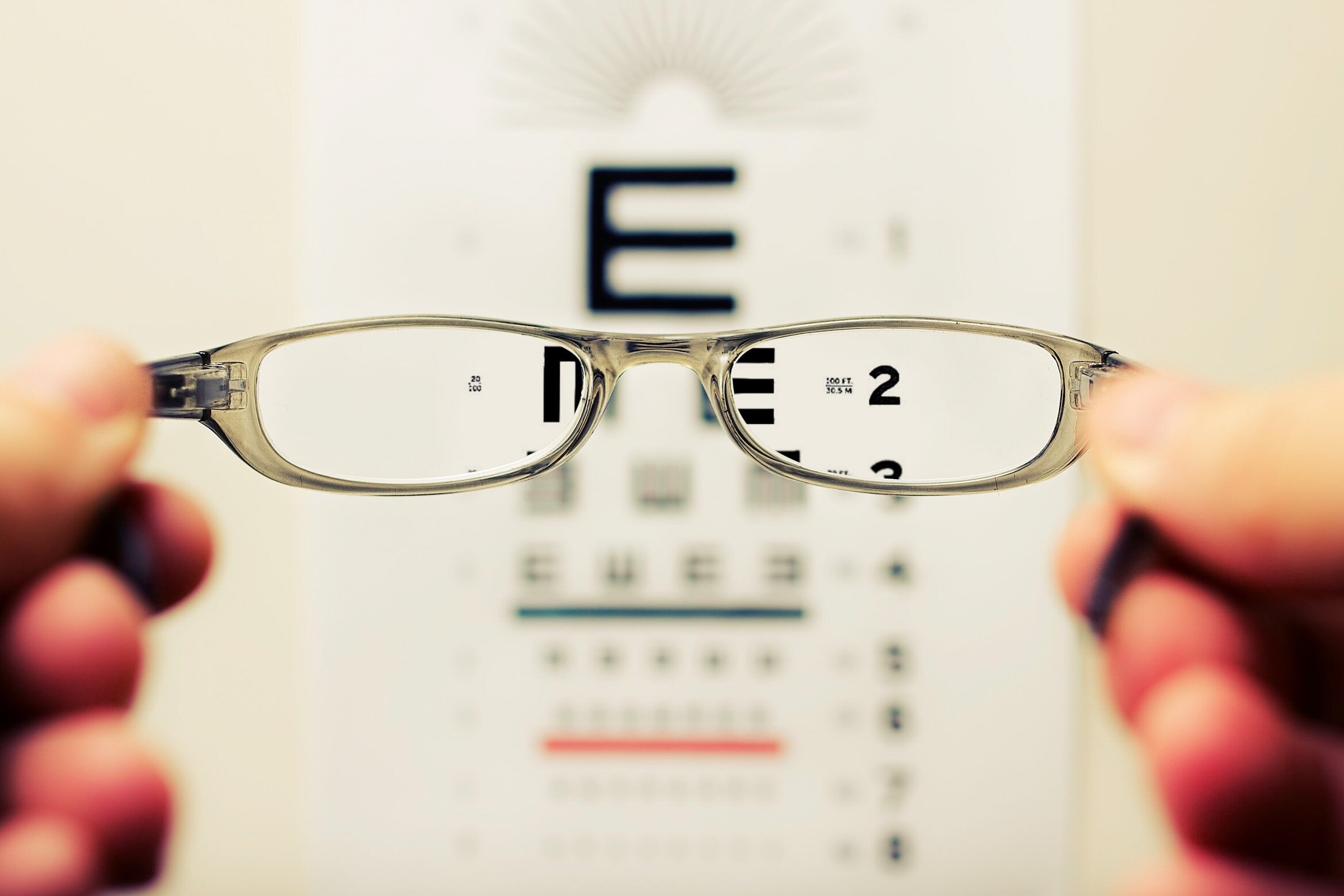While all five senses are important (life would be a whole lot bleaker if we couldn’t savor delicious dishes), we of course rely heavily on sight.
In fact, your eyes are your body’s second most complex organ (after your brain) and have the power to process 36,000 pieces of information in a single hour!
Given how hard-working your eyes are, it’s incredibly important to protect and provide the proper nutrients to this vital organ through your food choices.
Salmon is one such superfood for vision, as it contains high levels of omega-3 fatty acids, vitamin D, and niacin which play various critical roles for eye health.
1) Omega-3s support the formation of photoreceptors in your retina.
Docosahexaenoic acid, or DHA, is a type of omega-3 fat that greatly contributes to your vision by maintaining the disc shape in photoreceptor cells.
These special cells are responsible for transforming light into signals sent to the brain, ultimately giving you the ability to see colors and at night when it’s darker.
2) Omega-3s help alleviate dry eyes.
If you spend a lot of time in front of the screen, wear contacts, or drive frequently (when you’re concentrating intensely and less likely to blink), you’re more likely to experience dry eyes.
This dry, itchy sensation occurs when glands on the edge of the eyelid are blocked or have some other abnormality so that they’re not secreting enough oil into the tears, which coat the front surface of the eye.
Omega-3s prevent dryness by helping combat inflammation and decreasing the risk of waxy build-up within your eyelid glands, thus decreasing the possibility of dry eyes and the need for artificial eye drops.
3) Omega-3s and Vitamin D can aid in staving off macular degeneration.
As the number one cause of irreversible vision in people over the age of sixty, macular degeneration results from the deterioration of the small, central part of the retina, known as the macula.
Omega-3 fatty acids help ward off macular degeneration by shielding the eye’s light receptor cells from damage caused by sunlight and free radicals, while Vitamin D boasts both anti-inflammatory and antiangiogenic properties that slow the growth of new blood vessels (which is often seen in later stages of age-related macular degeneration).
4) Niacin, a B-vitamin, has been shown to reduce the risk of cataracts.
Cataracts are cloudy areas in the lens of the eye that can drive changes in eyesight and lead to fuzzy vision and a sensitivity to glares.
The nucleus of the lens in the eye is especially sensitive to a lack of nutrients, so evidence suggests that increasing one’s intake of niacin can be effective in protecting the eye against nuclear cataracts.
To give your eyesight a big health boost, try making this Sheet Pan Pistachio Crusted Salmon with Glazed Carrots, another well-known superfood for vision!
Curious to hear about how salmon supports strong, healthy teeth? Read on here!




